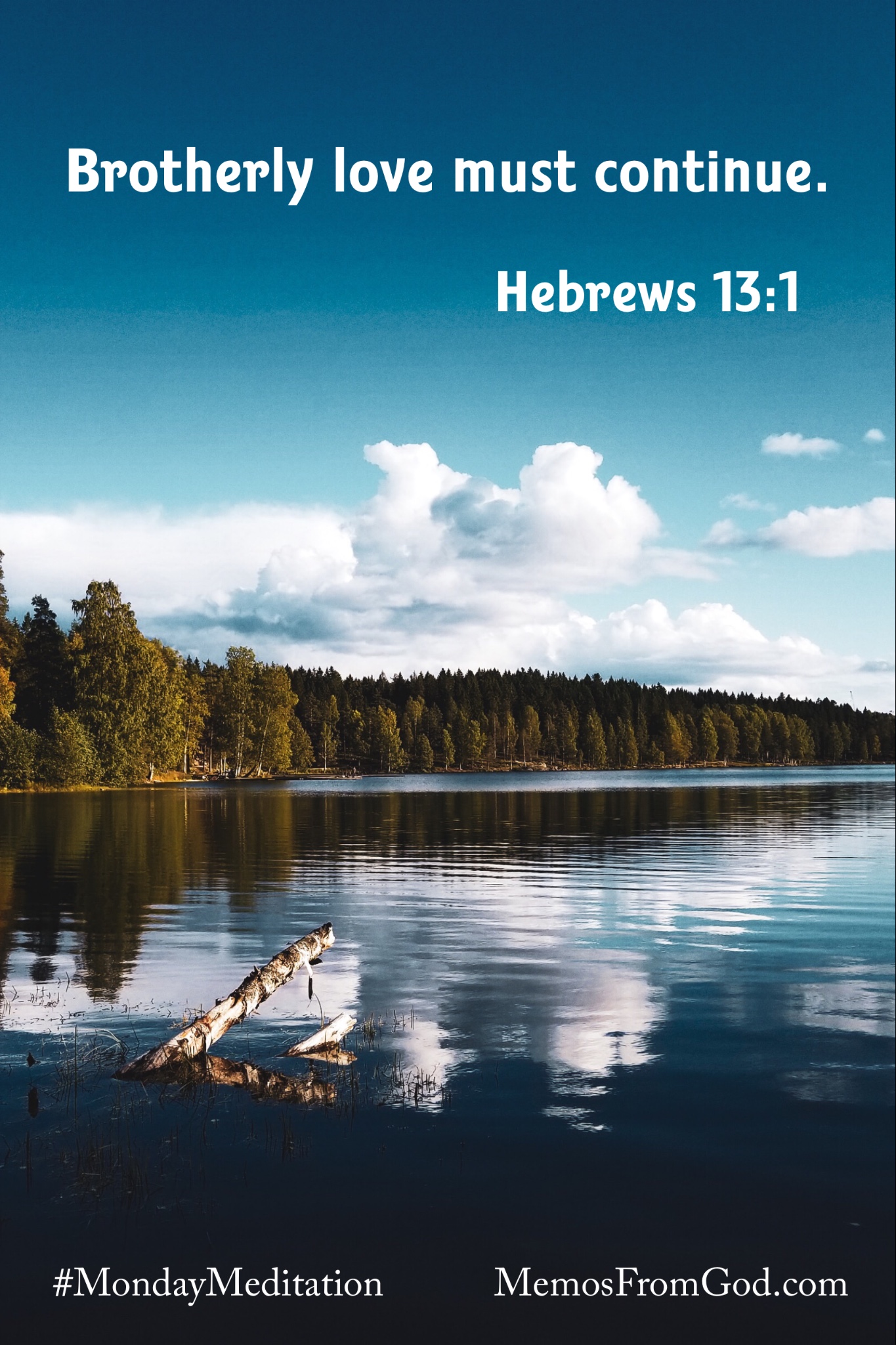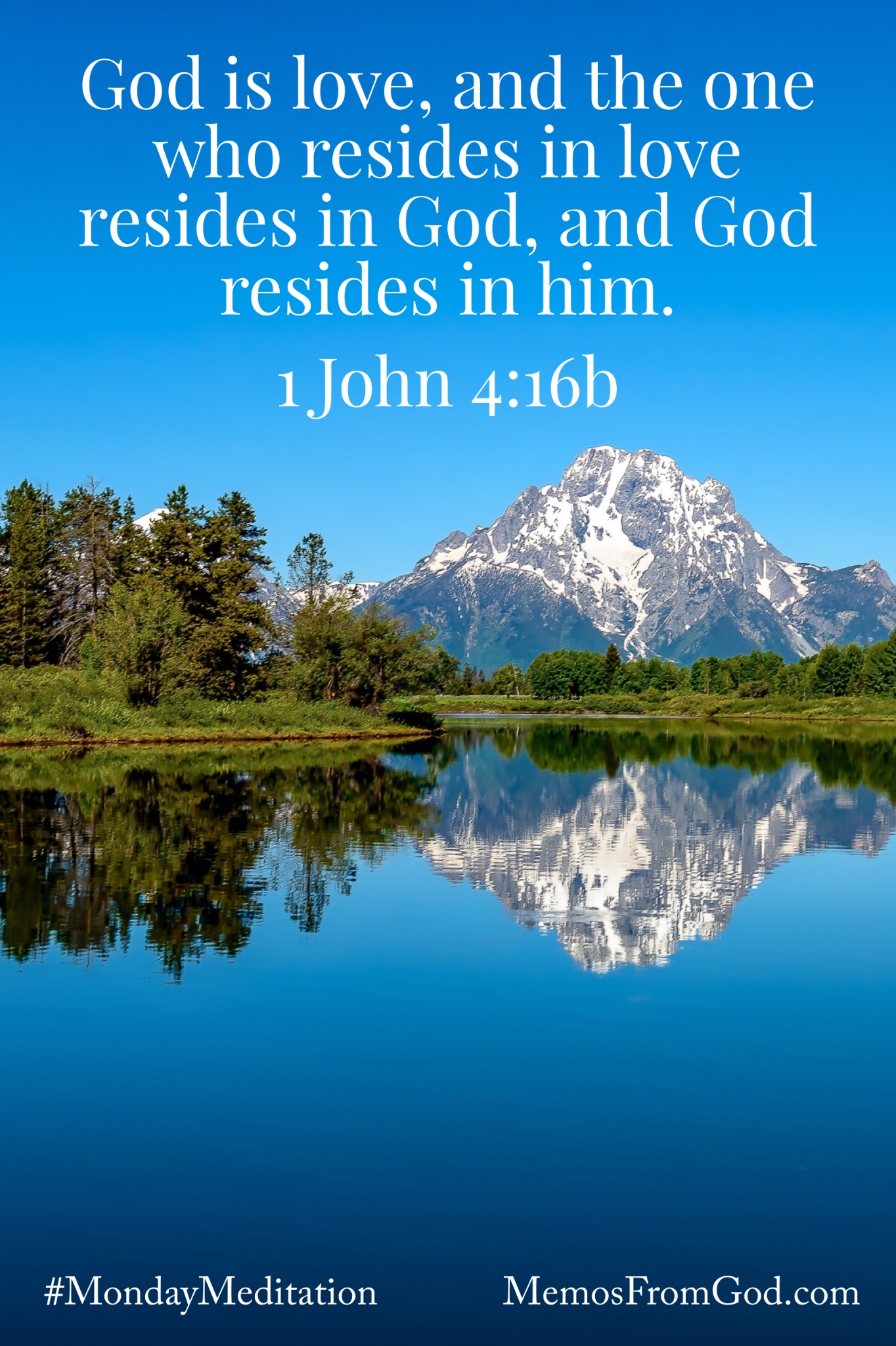

Attempting to Understand the Bible


We have just finished a series of posts about love for #MondayMeditation. This series was prompted by two things. The first was a comment saying that Christians are the most hateful people on Earth. This saddened and surprised me since I grew up believing that the the most important characteristic of a Christian is love. There was even a song: They’ll Know We Are Christians By Our Love. (Listen below.) The second was this quotation that a friend shared on her Facebook page:
The only clear line I draw these days is this: when my religion tries to come between me and my neighbor, I will choose my neighbor. Jesus never commanded me to love my religion.
~Rev. Barbara Brown Taylor
I thought it was a good sentiment. In many of my posts on this blog, I have quoted Matthew 22:36-40 where Jesus tells us that the most important commandment is to love God, and the second most important commandment is to love our neighbour. So I was surprised by the the number of people who argued the point. People said things like it was okay to love your neighbour, but you shouldn’t like their sin. You definitely shouldn’t want to be like your neighbour. There was a lot of talk about whether religion was right or wrong. And there was even a comment saying that "neighbor" was spelled wrong. (Besides missing the point entirely, that is the correct spelling of neighbour if you live in the United States.)
The problem with the word religion in this conversation (and any other) is that it means different things to different people. To some it simply means a relationship with God. To others it means rules, a code of conduct, a series of rituals. It is not a clearly defined term, because it is in fact a set of beliefs. So the definition of religion varies as a person's beliefs vary.
The word religion itself does not specify what the beliefs are. Jesus consistently condemned the religion of the Pharisees. He called them hypocrites and a brood of vipers (Matthew 23:23-33). That doesn’t make it sound like religion is a good thing. So James explained what pure and undefiled religion is in the sight of God (James 1:27). Religion, therefore, is bad if your beliefs are bad, and religion is good if your beliefs are good. Every single person on Earth gets to define their own beliefs. God will approve of some, and not of others. But this much Jesus made very clear: He wants us to love one another, and that is how people will know that we are His followers (John 13:34-35, John 15:12-17, Colossians 3:12-14, 1 Corinthians 13:1, and many others).
Nowhere in the original post did it say anything about becoming like your neighbour or liking their sin. I’m pretty sure they don’t like our sin either. But aside from the fact that we all sin, Jesus made it clear that the most important commandment is to love God, and the second most important commandment is love other people (Matthew 22:37-39). And beyond that Jesus also told us to love our enemies (Matthew 5:43-48). So IF your religion makes you love others, excellent. But IF it conflicts with loving others, it is going to fall into the bad religion category. I am not convinced that the original poster will ever have a problem with this, but since she probably attends some denomination of church which will have its own definition of its beliefs, it is possible that she might have different views than her church one day. IF that day comes, she will choose love. I think it’s a good policy.
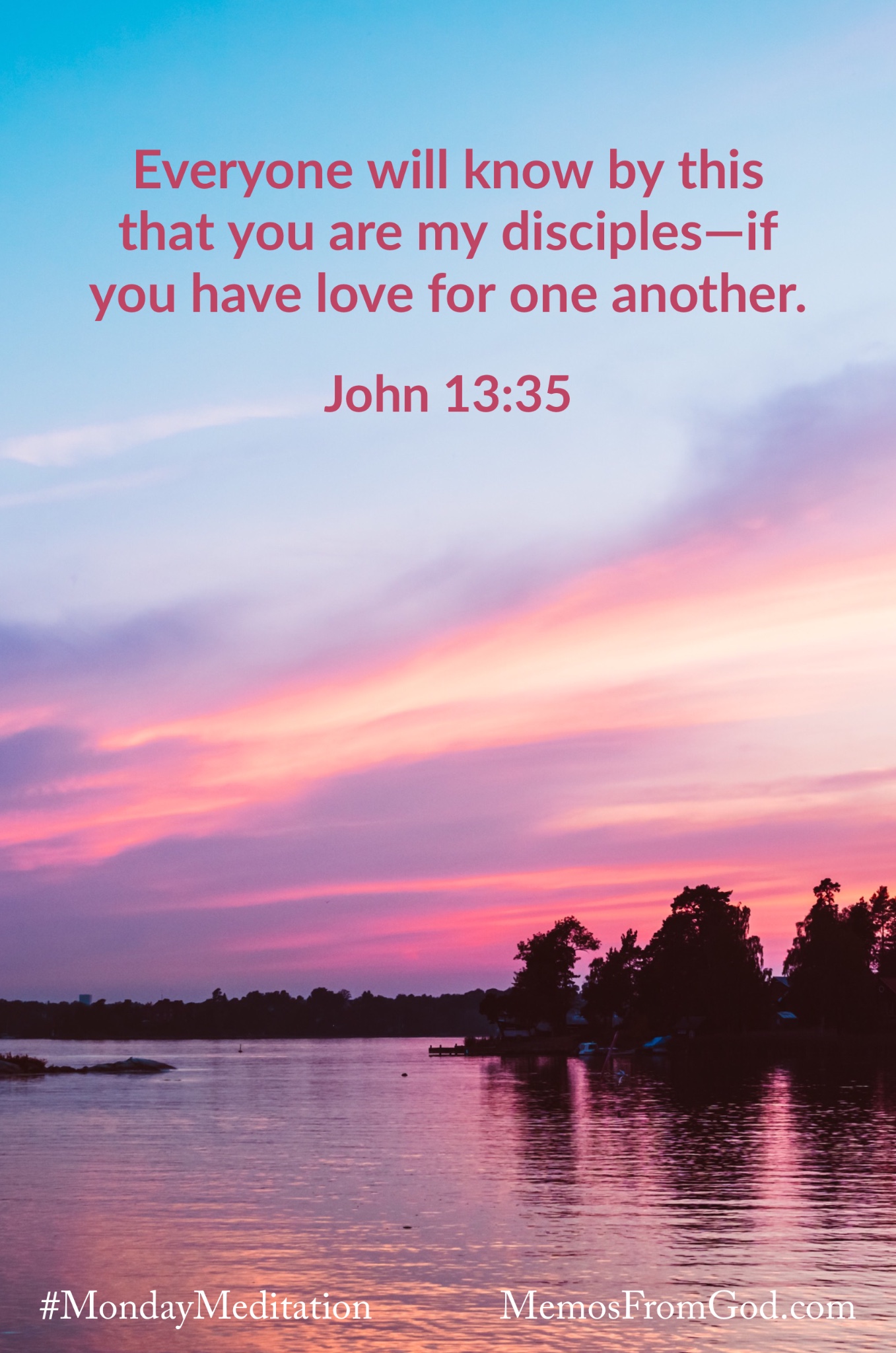
Today’s post was written by and used with permission from Rusty Wright.
Anti-racism has become a global obsession, and rightfully so. Racism and racial oppression are repulsive. And, BTW, I don’t have a racist bone in my body. Or so I thought. (continued below)
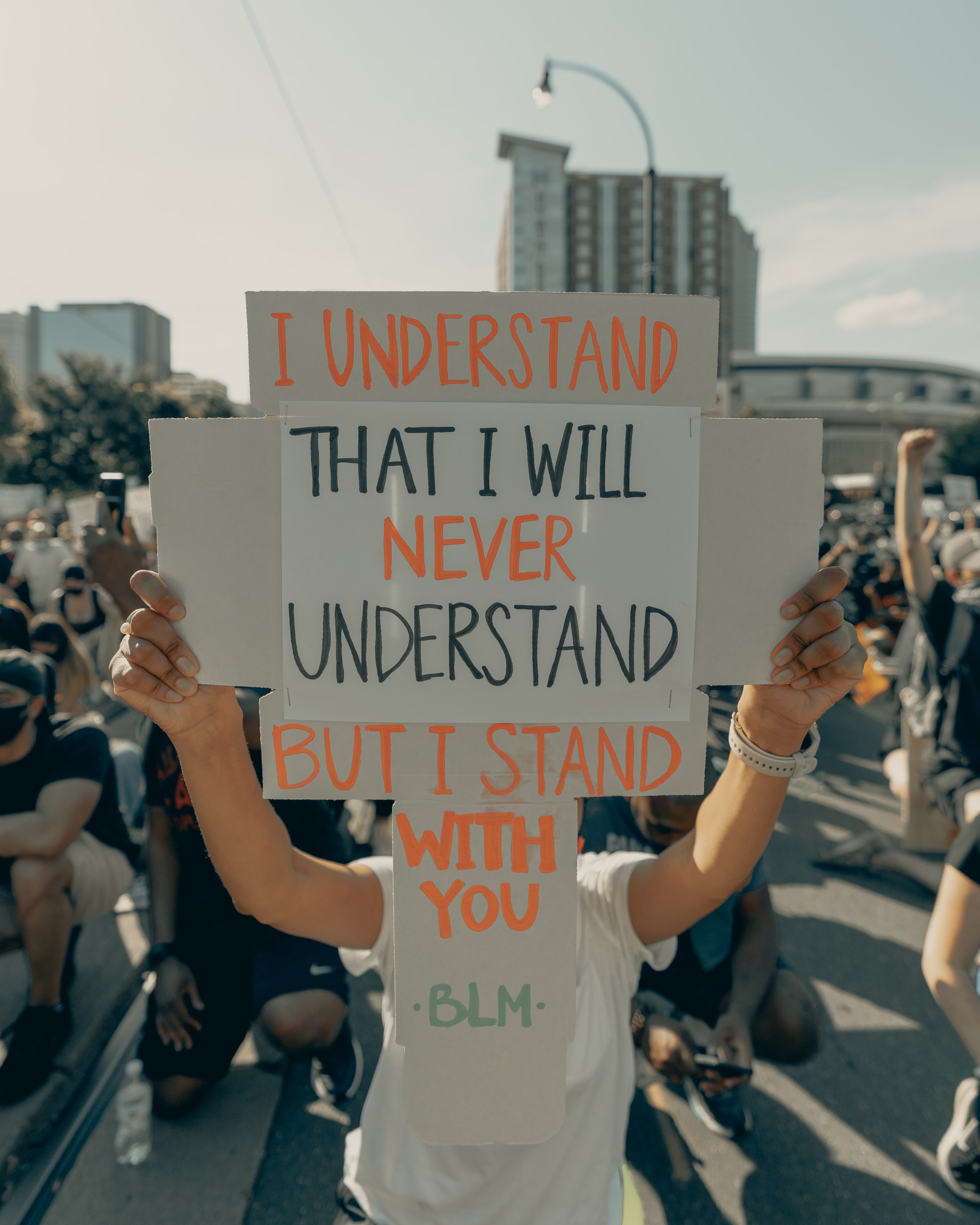
Lots of people have dark sides. Maybe everyone.
I do.
Several years back, comedian Michael Richards – “Kramer” on TV’s Seinfeld – saw his racist tirade at African-American hecklers ignite a firestorm. Richards apologized profusely. Prominent African-American comic Paul Mooney said Richards told him privately he “didn’t know he had that ugliness in him.”
I could identify with Richards’ surprise at his darker inner impulses. My own failing was private rather than public, differing in degree but not in kind. It taught me valuable lessons.
Growing up in the US South, I learned from my parents and educators to be racially tolerant and accepting in a culture that often was not: segregated schools, neighborhoods, restrooms, drinking fountains, and more. Racism still makes my blood boil. For decades, I’ve sought to promote racial fairness. But an important discovery early on fueled this mission.
One summer during university, I joined several hundred students – most of us Caucasian – for a South Central Los Angeles outreach project in primarily African-American neighborhoods. We spent a weekend living in local residents’ homes, attending their churches, and meeting people in the community.
A friend and I enjoyed generous hospitality from a wonderful couple. Sunday morning, their breakfast table displayed a mountain of delicious food. Our gracious hostess wanted to make sure our appetites were completely satisfied. It was then, eying that bountiful spread, that it hit me.
I realized that for the first time in my life, I was living in a Black family’s home, sitting at “their” table, eating “their” food, using “their” utensils. Something inside me reacted negatively.
The strange feeling was not anger or hatred, more like mild aversion. Not powerful, not dramatic, certainly not expressed. But neither was it rational or pleasant or honorable or at all appropriate. It horrified and shamed me, especially since I had recently become a follower of Jesus.
The feeling only lasted a few moments. But it taught me important lessons about prejudice. Much as I might wish to deny it, I had repulsive inner emotions that, if expressed, could cause terrible pain. I who prided myself on racial openness had to deal with inner bigotry. How intense must such impulses be in those who are overtly less accepting? Maybe similar inner battles – large or small – go on inside many people.
Holocaust survivor Yehiel Dinur testified during the trial of Adolf Eichmann, the Nazi leader responsible for killing millions of Jews. With Eichmann present in the courtroom, suddenly Dinur sobbed and collapsed to the floor. Dinur later explained: “I was afraid about myself. I saw that I am capable to do this … Exactly like he. …Eichmann is in all of us.”
Jeremiah, an ancient Jewish sage, wrote, “The human heart is most deceitful and desperately wicked. Who really knows how bad it is?” (Jeremiah 17:9) A prescription from one of Jesus’ friends helped me overcome my inner struggles that morning in South Central: “If we say we have no sin, we are only fooling ourselves and refusing to accept the truth. But if we confess our sins to [God], he is faithful and just to forgive us and to cleanse us from every wrong.” (1 John 1:8-9)
Lots of people have dark sides. Maybe everyone. Maybe you.
Could there be some of Michael Richards’ flaws – or mine or others’ – in all of us, inner compulsions that could benefit from divine help?
Where society’s racist laws, policies, and practices need changing, we should change them. But it would be a mistake to neglect the need to change individual human hearts.
Rusty Wright is an author and lecturer who has spoken on six continents. He holds Bachelor of Science (psychology) and Master of Theology degrees from Duke and Oxford universities, respectively. www.RustyWright.com
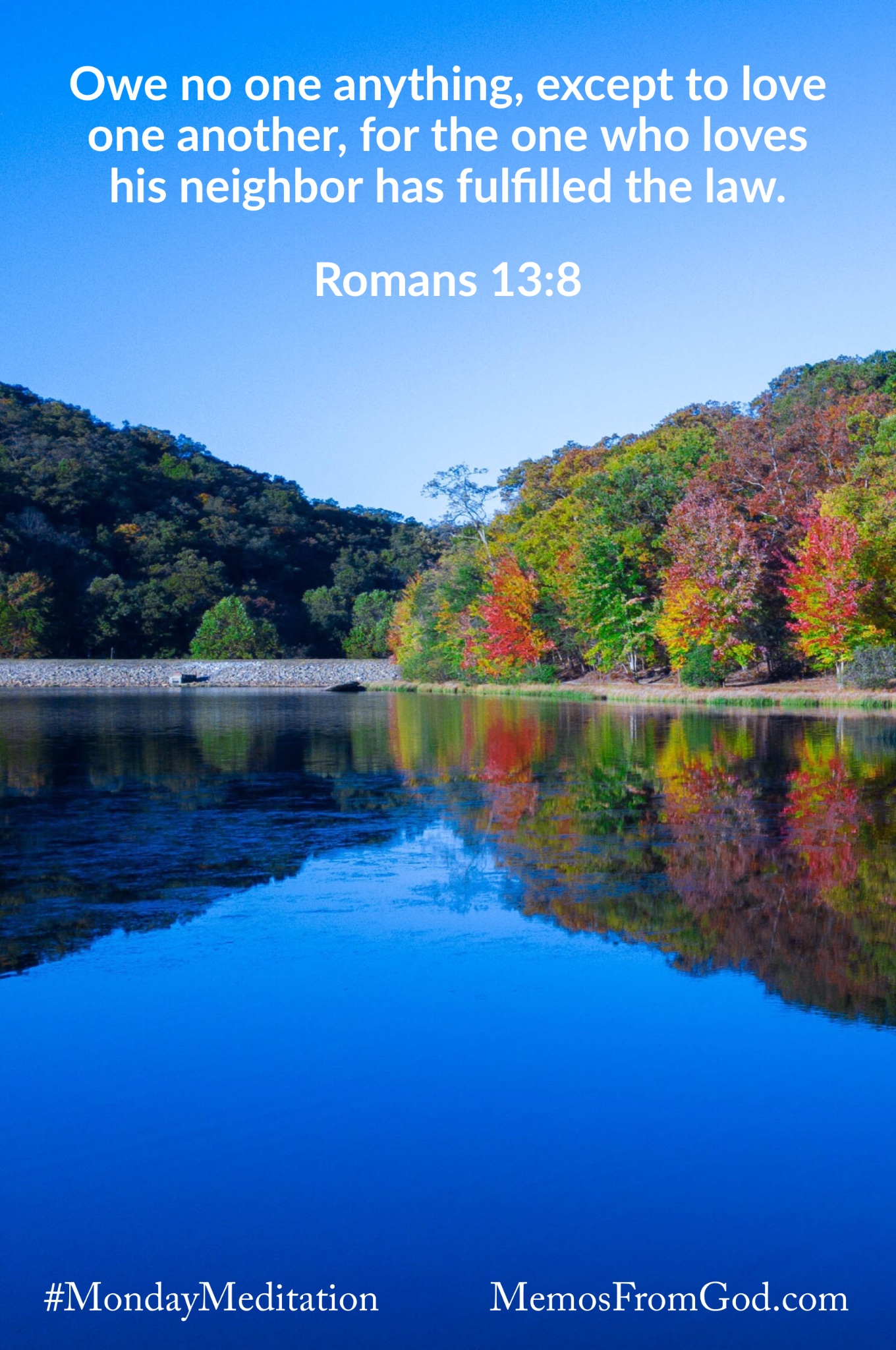
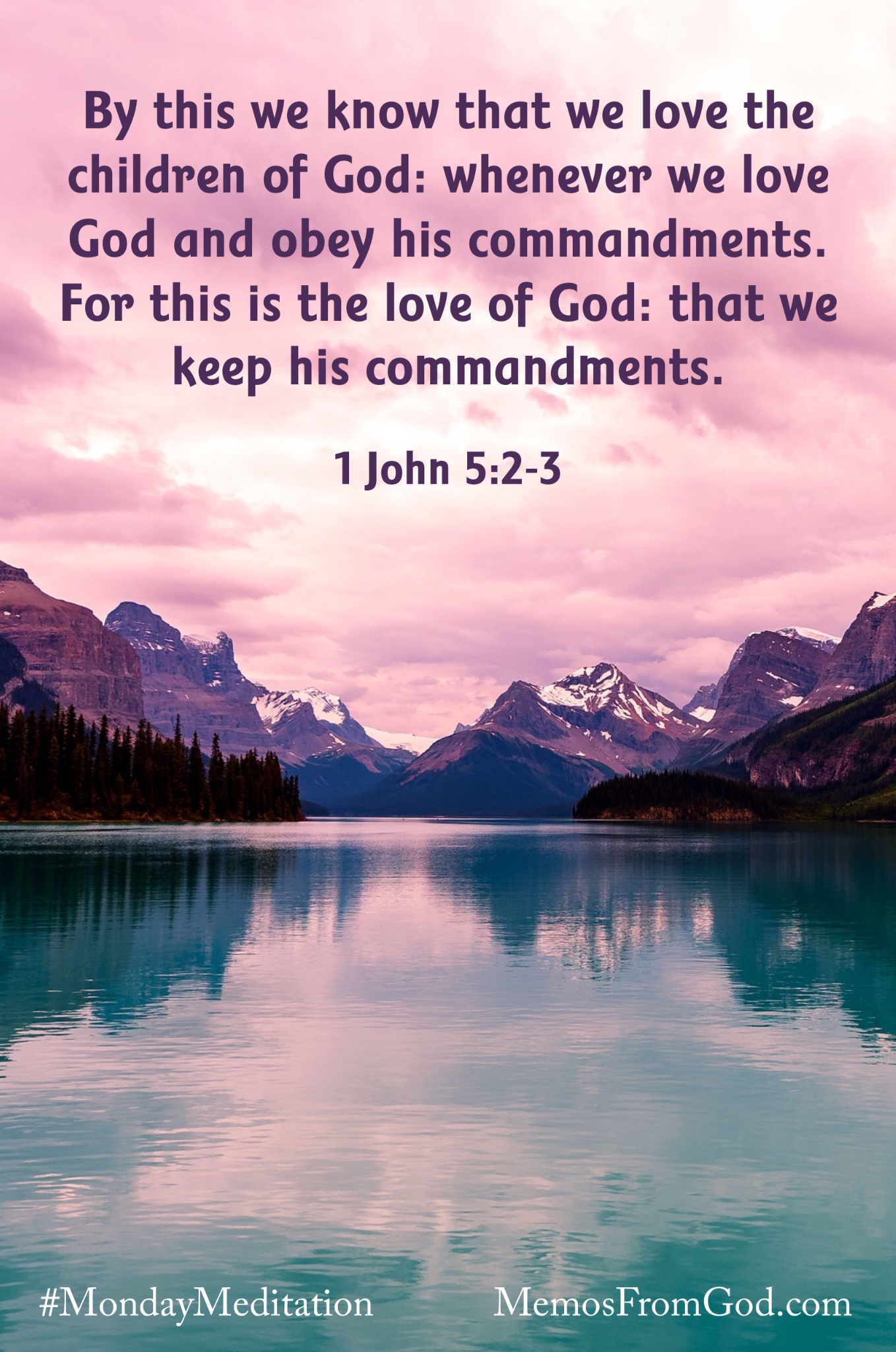
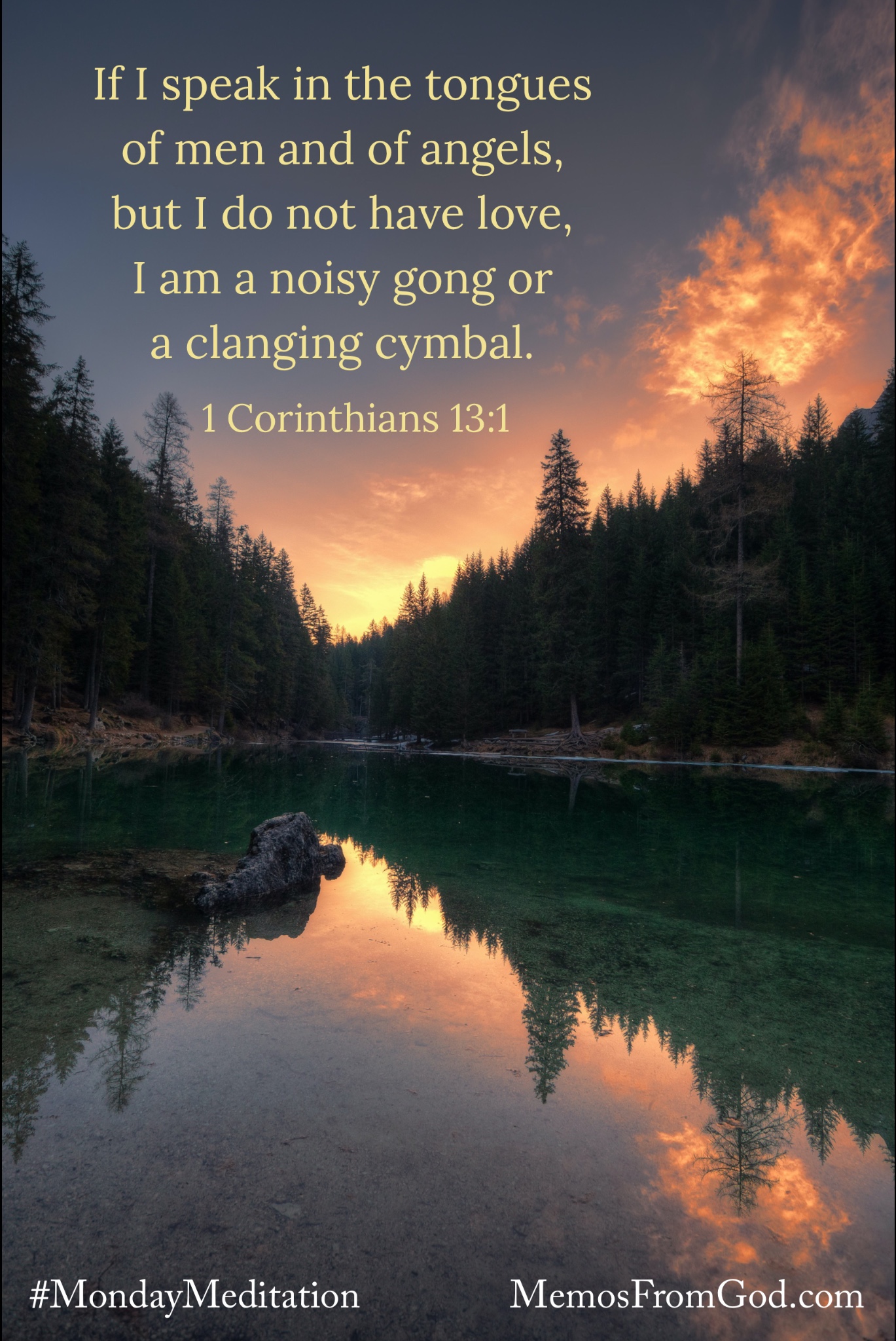
Dear friends, my heart is heavy at the news of what has happened recently to George Floyd, and far too many times to other people of colour. We usually only hear about the devastating cases, but if you know any people of colour, they will tell you that this is not an isolated incident. More horrific than some perhaps, but all the insults, threats, and injustices directed toward people of colour based solely on the colour of their skin are wrong.
For the last few months all of my posts have been about love. Jesus gave a new commandment to his disciples to love each other as he has loved us. (John 13:34) He said that the greatest commandment is to love God, and the second is like it—to love each other. (Matthew 22:37-39) Love does no wrong to a neighbour. Therefore love is the fulfillment of the law. (Romans 13:10) We are to follow the example God gave us, and love as he would. (Ephesians 5:1-2) 1 Corinthians 13:4-7 gives us plenty of concrete ways to show that love.
Before I started the series on love, I did a series on who we are in Christ. God sees us, all of us, as Christ's brothers and sisters; we are joint heirs with Christ. (Romans 8:16-17) We are all valued by God. But God doesn’t admire the same things we do. He does not look at the outward appearance, but at the heart. (1 Samuel 16:7) He does not look at height, or appearance, and he certainly doesn’t look at skin colour. He looks at our hearts. Did you notice how much importance God puts on love? Dear friends, let us love one another as God has loved us.
